Crying in H Mart: A Conversation about my own Asian Identity
What do you do when you look more Asian than you feel? Are you supposed to defend yourself against relatives bickering about how you’re not Asian enough? Or are you supposed to take up some culturally relevant hobby like karate or ikebana in the attempt to foster a connection? To be honest, I’m still navigating the answers to these questions. I know that many Asian Americans feel the same as I do, but when I’m forced into a room of relatives who won’t even speak to me, I can’t help but feel alone.
May is Asian American and Pacific Islander Heritage Month, and for me, this month comes with an obligatory reflection on myself and my Asian identity. I’m half Japanese and half Indonesian—ethnically Asian, but nationally American. But I never feel less Asian than I do when I’m among other Asians—like my family. That’s when I become keenly aware that I’m not Asian enough. I can barely speak Japanese, and I know nothing about Indonesia—I don’t like the food, I don’t resonate with the customs, and I’ve never been able to speak Indonesian—I can’t even understand it. There’s a large, gaping, hole where my cultural and national identity are meant to bridge—but this disconnect isn’t a novel experience. For many, it’s THE American experience.
From January 24-25, 2022, Westridge students participated in an all-school reading of Michelle Zauner’s essay “Crying in H-Mart,” which was later expanded into a bestselling memoir. Following the death of her mother, Zauner described the disconnect she felt from her Korean identity to experiences that, in her perspective, defined her identity. To conclude her essay, Zauner writes, “when I go to H Mart, I’m not just on the hunt for cuttlefish and three bunches of scallions for a buck; I’m searching for [my aunt and mother’s] memory. I’m collecting the evidence that the Korean half of my identity didn’t die when they did.”
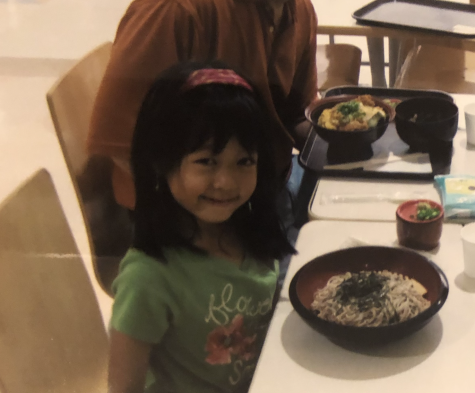
After reading the essay myself, I found that I resonated deeply with the disconnect Zauner feels from her Asian identity due to growing up in America. My parents are first-generation immigrants. They came to America with a mindset focused on assimilating to the new world around them—after all, America is often referred to as a ‘melting pot.’ At the time, it was shameful to be regarded as ‘different’ in a society that favors uniformity. However, today, it feels shameful to admit a disconnect from your ancestral roots. I’m not just American—I’m Asian American. And because I’ve been given that label, does that mean I’m expected to know how to write in hiragana or wrap banana leaves around sticky rice? I’ve never been taught how to do that, and frankly, I have little desire to learn. However, my lack of interest in building a connection to my culture is doused in shame. People are quick to point their fingers and tell me how I should feel about my own identity.The truth is that I’m okay with not knowing how to fold gyoza or make sticky rice. To be honest, I don’t really even like Asian food. But it feels like I’m not allowed to say that without people calling me whitewashed and mourning my Asian identity on my behalf—and I’ve come to resent that. I’m still just as Asian as the person who piles their plate with soba and nasi goreng—I’ve just found different ways to connect (also—tragically, I’m allergic to peanuts, meaning that even if I did suddenly fall in love with Asian food, I probably wouldn’t be able to eat anything off a menu anyway).
Every New Year, my family sets up a table in the living room, and we all sit and talk over sprawling platters of osechi ryori, watching a rerun of the Kohaku Uta Gassen that broadcasted live in Japan hours earlier. On these nights, we would fall asleep moments before midnight and wake up to rustling in the kitchen as my grandmother scrambled to find a pot large enough to cook her ozoni. It’s traditions like these that remind me of my Asian culture.
At this point, I feel like I should clarify that I’m not some sort of self-hating Asian—I love my culture and the second-generation way I have of embracing it. I’ll always have a connection to it—it’s a part of who I am. But that doesn’t mean that my sense of connection has to parallel the connection a first-generation immigrant has to their homeland, because for me, Asia is not my homeland. I haven’t visited Japan more than once, and I’ve never been to Indonesia. I haven’t had the time or experiences to form a deep, lasting connection with my parents’ places of origin, and as a result, I don’t feel an aching desire to suddenly force that connection.
However, this hasn’t always been my mindset. When I was younger, I prided myself on being Japanese—it was basically my entire personality—and as a result, I was praised by those around me for having such a strong connection to my culture. When I was six years old, I visited Japan for the first (and only) time, and I took full advantage of the opportunity to convince everyone there that I was born and raised in Japan. I remember visiting Takeshita Street in Harajuku and being the center of attention, parading around in my red geta sandals and pink Hello Kitty t-shirt (I had style)—not to brag, but I totally passed as a little Japanese kid.
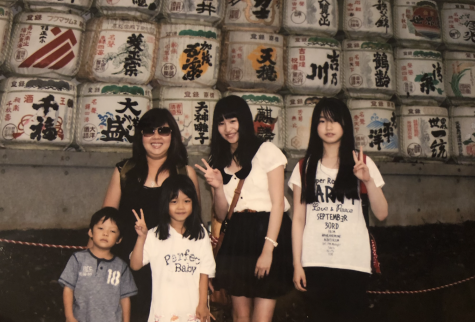
Fitting into Japanese society connected me to what I believed was the focal point of my identity. At that age, I hadn’t yet developed the thick American accent or overconfident stride that would tell me apart from people who were ‘really’ Japanese. The validation I received from others affirmed the fixation I had on my cultural identity. I know this fixation sounds foolish. But I grew up in a world that put ‘Asian’ at the forefront of my identity; everything else came second. In America, my appearance defines the way I’m perceived—if I look Asian, I am Asian, and therefore I’m expected to embody it completely. For me, growing up in America as a second-generation Asian-American has meant that I don’t feel a strong connection to the place my parents left behind, and I’m okay with that. What I’m not okay with is being told by others that I should.
In her essay, Zauner describes visiting H Mart as an attempt to reconnect with her Korean mother who has recently died. For Zauner, Korea and all things Korean are intertwined with her mother: “I fill my shopping cart with every snack that has glossy packaging decorated with a familiar cartoon. I think about the time Mom showed me how to fold the little plastic card that came inside bags of Jolly Pong, how to use it as a spoon to shovel caramel puff rice into my mouth, and how it inevitably fell down my shirt and spread all over the car. I remember the snacks Mom told me she ate when she was a kid and how I tried to imagine her at my age. I wanted to like all the things she did, to embody her completely.”
In Zauner’s case, she doesn’t as much want to be Korean as she wants to be with her mother. The former is an attempt to reclaim the latter. It’s a kind of longing I don’t personally recognize but that I understand is true for many whose cultural identities shift and evolve over time–as my own has.
I’m Asian-American—not just Asian and not just American; I’m allowed to identify with both sides of my identity without facing criticism for ‘not being ethnic enough.’ I’m perfectly content walking through the world without knowing how to speak fluent Japanese or how to cook satay—and if I’m okay with it, others should be, too.
So, I ask again: what do you do when you look more Asian than you feel? My whole life, I’ve let others decide for me the answer to that question: learn the language, eat the food, immerse yourself into the culture. But I can dictate my own identity. Being Asian might be at the forefront of my social and cultural identity, but it doesn’t have to define me as much as I think it should. I can be both Asian and American—and for now, I think that’s enough.




























![Dr. Zanita Kelly, Director of Lower and Middle School, pictured above, and the rest of Westridge Administration were instrumental to providing Westridge faculty and staff the support they needed after the Eaton fire. "[Teachers] are part of the community," said Dr. Kelly. "Just like our families and students."](https://westridgespyglass.org/wp-content/uploads/2025/03/dr.-kellyyy-1-e1748143600809.png)






















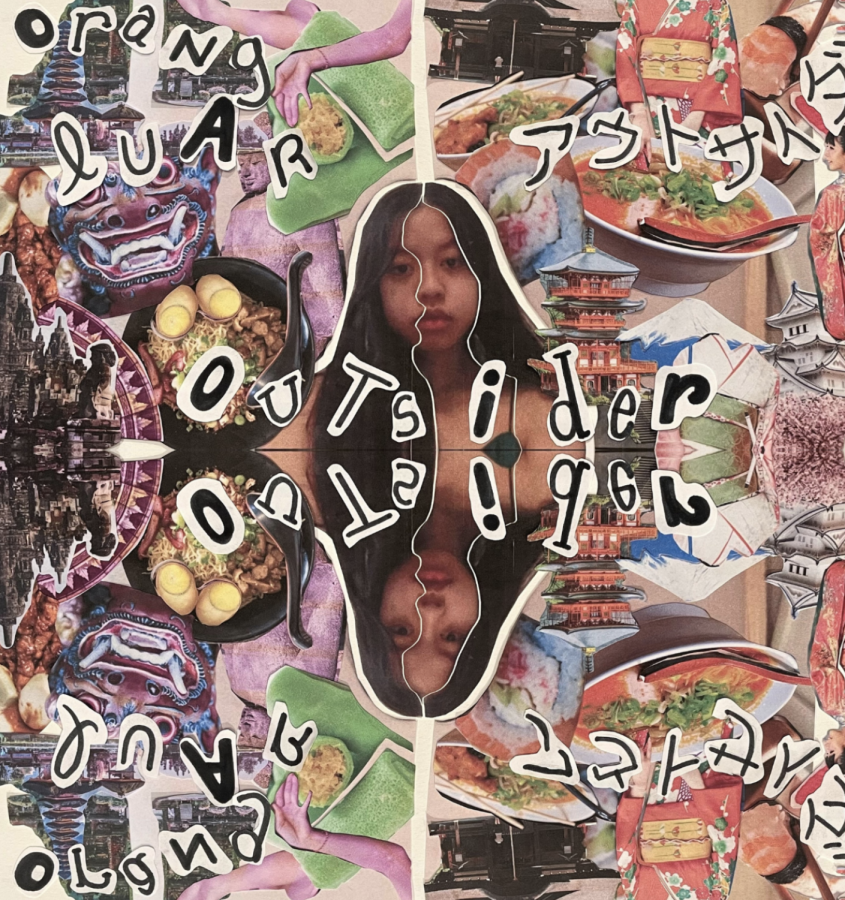
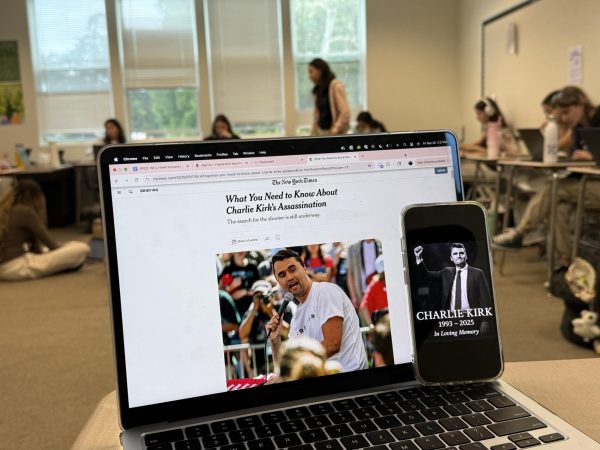
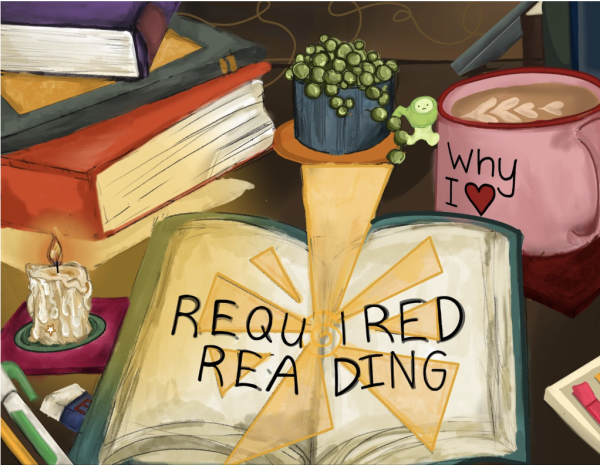
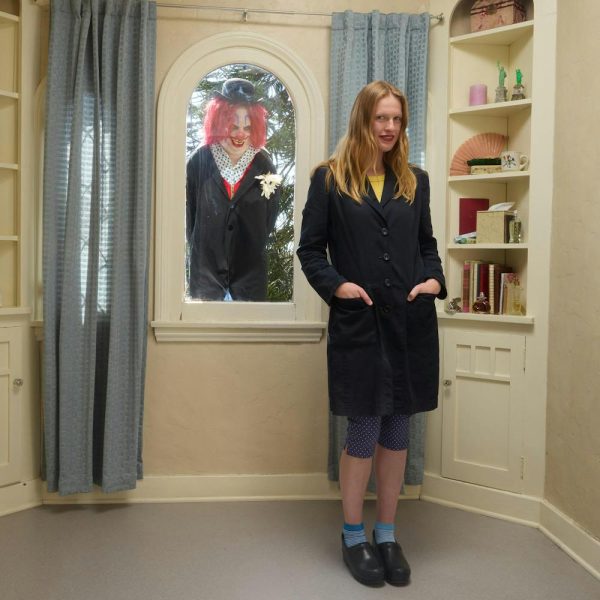
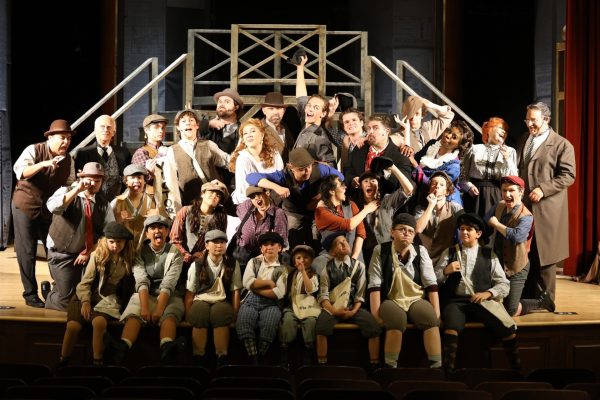

briar • May 31, 2022 at 8:02 pm
you share your experience so authentically and powerfully. thank you for your beautiful writing!!
Luca G • May 31, 2022 at 1:31 pm
such an important perspective and so eloquently said. thank you for sharing !!
art graff • May 31, 2022 at 1:29 pm
the collage is beautiful! love that you wrote about something we all had to read– this article is immediately accessible to any student and so beautifully written.
Maya L. • May 31, 2022 at 1:29 pm
This is a very impressive Op-Ed. What a treat to hear your introspective on such an important topic. Good work!
Reema • May 31, 2022 at 11:37 am
Beautifully written and the photos are awesome!!